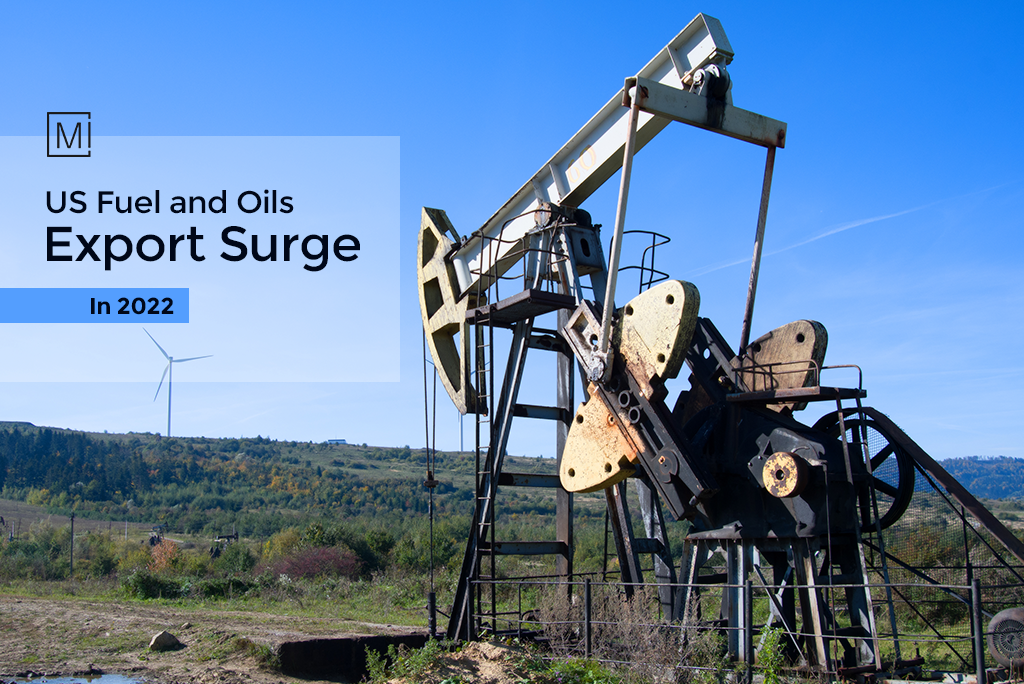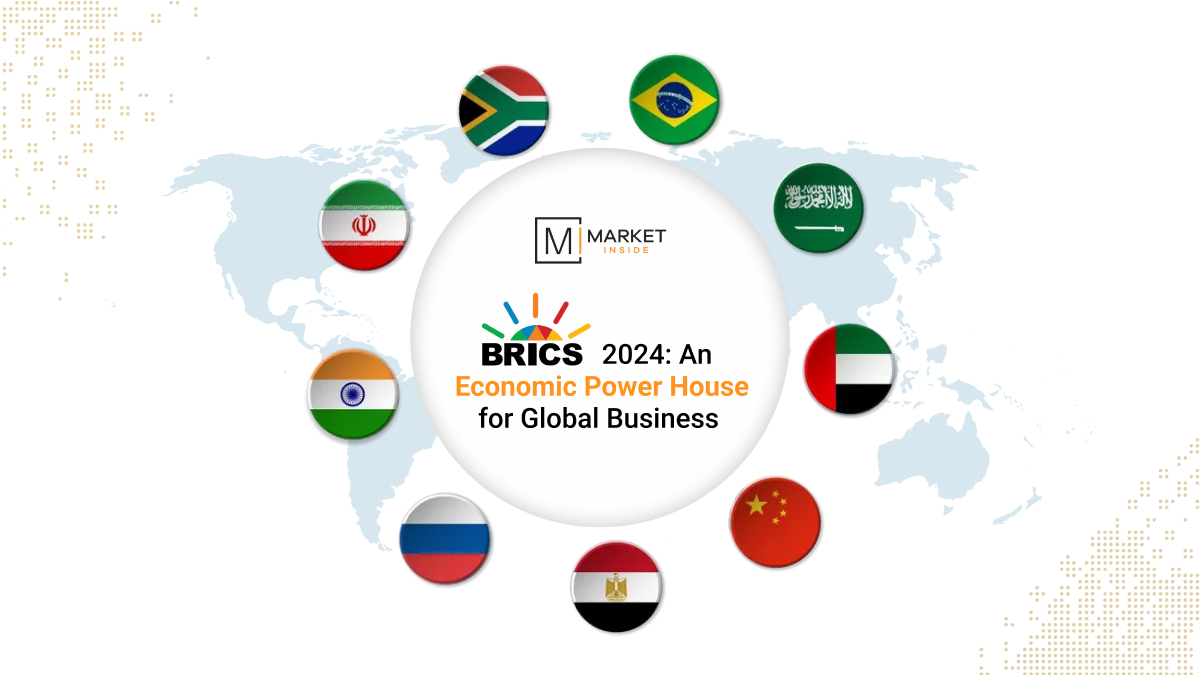As global trade routes evolve in response to shifting geopolitical realities and economic demands, the India-Middle East-Europe Economic Corridor (IMEC) has emerged as a landmark initiative with the potential to redefine connectivity between Asia and Europe. Announced at the G20 Summit in 2023, this multi-modal corridor aims to link India to Europe via the United Arab Emirates, Saudi Arabia, Jordan, Israel, and Mediterranean ports—creating a faster, more secure alternative to traditional maritime channels like the Suez Canal.
Beyond its logistical advantages, IMEC represents a strategic effort to enhance economic integration, counterbalance China’s Belt and Road Initiative, and strengthen India’s role in regional and global trade architecture. This article explores the economic, geopolitical, and infrastructural significance of IMEC—and why it holds the key to unlocking new trade potential between India and Europe. How India is facing difficulty in trading of goods with Europe? What is the solution to have smooth trade between India and Europe? Why Türkiye is frustrated with India? Everything is explained in this Market Inside blog.
India’s trade with Europe
India’s trade with Europe is a vital component of its global economic engagement, marked by strong goods exchange, growing services trade, and increasing investment flows. Here’s an overview of the status, major sectors, and strategic developments in India-Europe trade relations:
Trade volume and trends
Europe is one of India’s largest trading partners.

| Year | India’s Exports to Europe | India’s Imports from Europe |
| 2020 | 51 | 58 |
| 2021 | 75 | 95 |
| 2022 | 90 | 123 |
| 2023 | 96 | 153 |
| 2024 | 100 | 153 |
*****Value USD Billion
Key Sectors
- Pharmaceuticals and Chemicals
- Information Technology and Services
- Automotive and Engineering Goods
- Green Technology

| India’s Exports to Europe | Value USD Billion | India’s Imports from Europe | Value USD Billion |
| Mineral Fuels & Oils | 18 | Mineral Fuels & Oils | 58 |
| Electrical Machinery & Equipment | 13 | Pearls & Precious Stones | 24 |
| Nuclear Reactors, Boilers, Mechanical Appliances, etc. | 7 | Nuclear Reactors, Boilers, Mechanical Appliances, etc. | 14 |
| Organic Chemicals | 6 | Electrical Machinery & Equipment | 8 |
| Iron & Steel | 4 | Aircraft, Spacecraft & Parts | 5 |
What is the problem?
India faces challenges transporting shipments from major ports like Mundra, Kandala, and JNPT to European countries. Shipments are halted on the Persian Gulf Route due to the ongoing conflict between Israel and Iran. The Red Sea crisis is another hurdle for India to trade with Europe. America is having an altercation with Houthi rebels.
After crossing the Red Sea, India pays a hefty amount to Egypt to cross the Suez Canal and move towards the Mediterranean Sea, where shipments are affected due to the Israel-Syria conflict. At last, India pays to Türkiye for its shipments entering Western Europe and Russia. As a result, the cost of goods rises, but India is unable to get the right price of commodities. Let’s talk about the solution!
Here is the solution
India-Middle East-Europe Economic Corridor (IMEC) is the solution that aims to bolster economic development by fostering connectivity and economic integration between Asia, the Persian Gulf, and Europe. Through this corridor, India’s shipments will reach directly to the UAE’s Jebel Ali Port, and from there, consignments will enter Saudi Arabia, Jordan, Israel, and finally to Europe.
Strategic and Policy Developments
- India-EU Free Trade Agreement (FTA) negotiations resumed in 2022 after a long hiatus and are ongoing.
- India has bilateral trade agreements or partnerships with several EU members including France, Germany, and the Netherlands, beyond its engagement with the EU bloc.
- Initiatives like the India-EU Connectivity Partnership (2021) and IMEC (2023) reflect strategic alignment.
Logistics and Infrastructure
- Most trade is currently via sea routes, mainly through the Suez Canal and Mediterranean ports like Rotterdam, Antwerp, and Hamburg.
- The India-Middle-East-Europe Economic Corridor (IMEC) aims to streamline this with a faster, multimodal route, boosting and reducing dependency on checkpoints.
Investment Flow
- The EU is one of the investors in India, especially in sectors like renewable energy, banking, chemicals, and automobiles.
- Indian companies are also expanding into Europe, particularly in IT, manufacturing, and pharmaceuticals.
Why is Türkiye frustrated with India?
Turkey’s frustration with India stems from a mix of geopolitical, ideological, and strategic differences that have intensified in recent years. Here are the main reasons:
Support for Pakistan on Kashmir
- Turkey has consistently backed Pakistan’s position on Kashmir, often raising the issue at international forums like the UN.
- Turkish President Recep Tayyip Erdoğan has made public statements criticizing India’s actions in Jammu and Kashmir, especially after the abrogation of Article 370 in 2019.
- India considers this a violation of its internal affairs, leading to diplomatic friction.
Exclusion from India-Middle East-Europe Economic Corridor (IMEC)
- The IMEC bypasses Turkey, instead routing through Israel and Greece into Europe.
- Turkey sees this as a geopolitical snub and a move that sidelines its strategic location as a traditional bridge between Asia and Europe.
- Turkish officials have called for alternatives like a “corridor through Iraq”, which they claim is more natural and historical.
Pan-Islamist Rhetoric and Ideological Differences
- Erdoğan’s efforts to position himself as a leader of the Islamic world have put Turkey at odds with India, especially regarding issues involving Indian Muslims and global Islamic politics.
- Turkey’s growing alignment with Pakistan and Qatar contrasts with India’s stronger ties with UAE, Saudi Arabia, and Egypt, creating opposing regional blocs.
India’s Growing Ties with Turkey’s Rivals
- India has strengthened relations with Greece, Cyprus, Israel, and Arab Gulf countries — all of whom have tensions with Turkey.
- Recent India-Europe infrastructure projects like IMEC and growing defense ties with France and Israel are seen by Turkey as part of an alignment that weakens its influence.
Blocked Economic and Defense Engagement
Defense cooperation between the two countries has stalled, and India has limited Turkish firms’ involvement in its infrastructure projects.
In 2020, India reportedly blacklisted a Turkish defense company over Erdoğan’s Kashmir comments.
The Bottom Line
The India-Middle East-Europe Economic Corridor (IMEC) represents a bold step toward reshaping global trade routes, offering India and its partners a strategic alternative to traditional supply chains dominated by China and Russia. By linking South Asia with Europe through the Arabian Peninsula, the IMEC promises increased connectivity, faster logistics, and economic integration across three continents. However, its geopolitical implications are equally significant.
Türkiye’s frustration stems not just from exclusion, but from the corridor’s challenge to its longstanding ambition of being a central transit hub between East and West. As Ankara watches new alliances bypass its traditional influence, it sees the IMEC as a threat to both its economic interests and regional prestige. Ultimately, while the corridor holds immense promise for economic growth and strategic realignment, its success will depend on inclusive diplomacy, infrastructure execution, and the ability to balance competing regional interests. Stay tuned with Market Inside for all major import-export updates.




